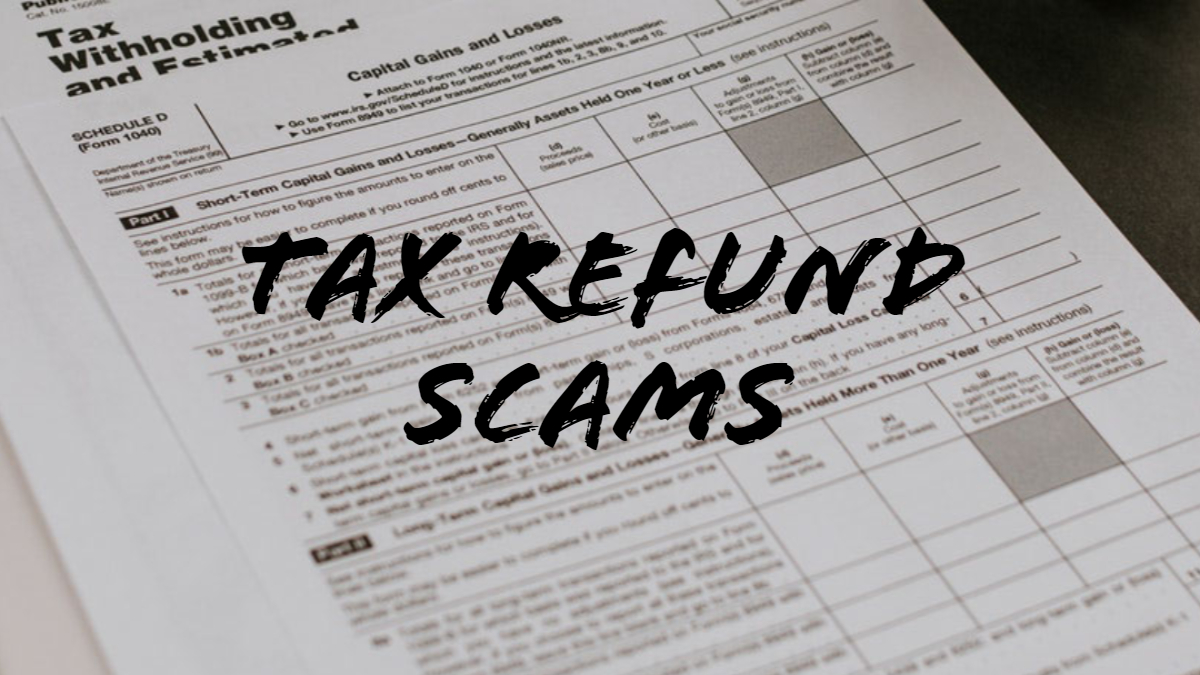
Tis the season! You’re making mental plans with what is hopefully a generous tax refund and deciding what to do with the surplus of cash you’ll soon have on hand.
Along the way from starting to submitting the paperwork, there are quite a few roadblocks to be aware of. Even if you aren’t getting a refund, your personal information is as valuable as the money you’re hoping for to scammers, so be on high alert. A compromise of this nature can expose so much personal information from social security number to bank account detail, and undoing that damage can be timely and expensive.
Before you even get started, be educated and informed in who you trust with your taxes. Don’t let your guard down because it’s the last minute and you haven’t had anything prepared. You can file an extension to give yourself more time, and you can also find trustworthy people – even at the final hour. The IRS warns of “ghost” tax preparers that are a high risk for scams and illegal tactics. This individual is paid to prepare your taxes but won’t sign or identify themselves on paper or electronically. They offer to do the work, print it out, then have you sign it as if you’ve done the work yourself – keeping them off the books and under the radar. This service runs a high risk of fraud, illegitimate information being submitted, and a possibility of your funds being redirected to their account. Never trust someone that you have not fully vetted or someone who will not take on accountability for their work. Even if they come at the recommendation of a friend or colleague.
The risks don’t stop once you’ve completed your returns. You’ve done the paperwork, submitted everything on time, and now you wait. And then one day the phone rings and the other voice identifies themselves as an employee of the IRS. You brace yourself, what is wrong? What did you forget to complete? You may be informed that your return is ready, and they need your bank information, or that the money was deposited into the wrong account. Or maybe you are being threatened with legal action from the person on the other end due to your actions.
This is 100% of the time, not a legitimate IRS employee. Do not give them any information, do not even engage in the conversation. The IRS will not call you for your bank details and they will not make a mistake that they want you to correct with updated personal details. Hang up, and if you are concerned, contact the IRS directly from the information on their government website.
This topic of taxes, government involvement, and any type of financial gain or loss puts most people at a heightened level of stress and responsiveness. Don’t let that give a criminal easy access to your vulnerabilities. Always take a moment to get the details, process the information, and make sure that you are working with legitimate and trustworthy people.
The post Tax Refund Scams – Know What to Look For appeared first on HIPAA Secure Now!.
